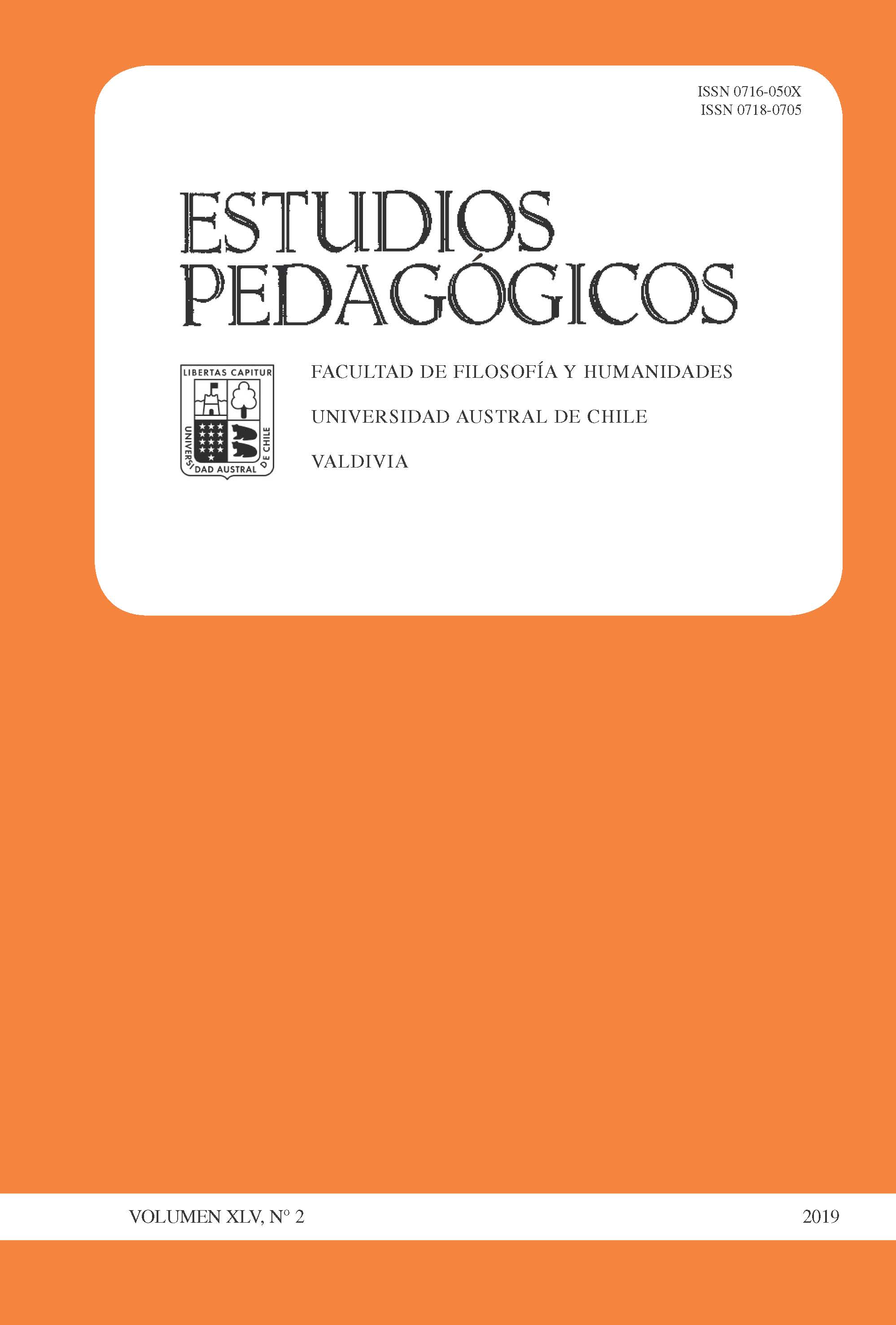Evaluation in indigenous contexts: the role of ideologies in the cultural relevance of the process
Main Article Content
Abstract
The following theoretical essay study is structured with the purpose of understanding the role of curricular ideologies in the evaluation in Latin American indigenous contexts. The problem that lies at the base of this text is the evident persistence over time of ideological components, distant from the local context and excluding indigenous culture, a situation that is increased through the inclusion of instrumental elements of the neoliberal system. These conditions have made possible the gradual loss of cultural elements and gaps in terms of school performance, since finally the instrumental evaluation and high consequences, stresses towards assimilation and measures the degree to which this process manifests itself in the indigenous student. Since the contents and forms of evaluation are not related to the indigenous culture, language and rationality, propitiating an imbalance in the indigenous student that must be adapted to the school culture, resignifying the cultural codes, so as to be able to travel through the academic levels in a “successful” way.
In this way, the evaluation does not reflect the abilities of the students, but rather their ability to understand the majority culture. From the methodological perspective, this study considers a bibliographic analysis, establishing relationships and effects based on a general description of the ideologies and evaluative models that underlie Latin American education.

